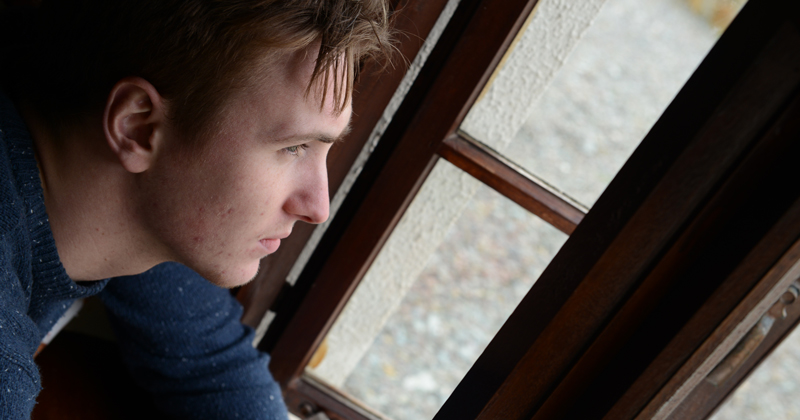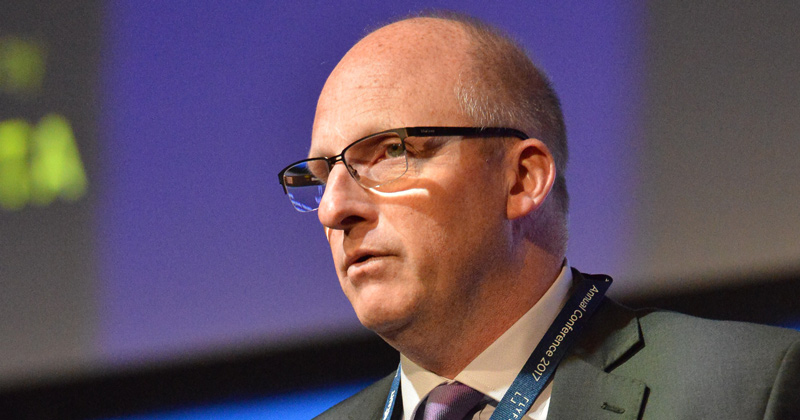School leaders’ lack of understanding of counselling and psychotherapy is making it difficult for them to commission mental health support for their pupils, new research has found.
A joint survey of 655 leaders and 1,198 health workers in schools by children’s mental health charity Place2Be revealed that 45 per cent of school leaders have found it difficult to commission support.
At the same time, 34 per cent of those working with children and young people as counsellors and psychotherapists said it was difficult to provide their services to schools.
Schools’ understanding of counselling and psychotherapy for children was highlighted as a “common difficulty” by 57 per cent of counsellors and psychotherapists working in schools, while 30 per cent said expectations of them are “not clear”. For both schools and therapists, a lack of funding remains “the most common barrier to providing support”.
Furthermore, 44 per cent of school leaders said “knowing what type of support is needed” is a barrier to providing mental health support for pupils, and 37 per cent said they “don’t feel confident” in commissioning a counsellor or therapist.

The government last year pledged more than £300 million in funding to help treat mental health problems in children and young people, but headteachers are disappointed that more money hasn’t been allocated directly to schools to deal with issues on the ground.
“School leaders are already under immense pressure to deliver academic progress – and we shouldn’t expect them to become mental health experts as well,” said Catherine Roche, the chief executive of Place2Be.
“Our evidence and experience shows that embedding skilled mental health professionals in schools, as part of a whole school approach, can have an enormously positive impact for pupils, families and staff.”
While Roche said it was “encouraging” that the government’s green paper proposals recognised the role mental health professionals could play in schools, she argued that schools needed “access to dedicated funding” to “really transform children’s mental health provision”.
Paul Whiteman (below), the general secretary of the NAHT, said schools “have always been on the front line with children’s mental health” because “school is often where issues first become apparent”.

“This is why a significant number of schools choose to commission counsellors and psychotherapists themselves. However, school leaders are not experts in therapeutic interventions so it can be difficult to know what kind of support is needed,” he continued.
“NAHT has continually argued for a more rounded approach, to take some of the emphasis away from schools and reassert the importance of well-resourced and accessible local support services.”
Figures released by the government this week show a substantial drop in the number of educational psychologists working in schools over the past seven years. In 2010, there were 1,720 working in state-funded schools, but this fell to 1,370 in 2016.
At the same time, however, the number of staff providing pastoral support and employed as learning mentors rose at both primary and secondary level. This is largely driven by a huge increase in the number of people in both roles in the early years of the 2000s.
Between 2010 and 2011, the number of pastoral support workers rose from 1,200 to 3,450 and the number of learning mentors increased from 2,290 to 8,290. By 2016, the number of staff employed by state schools to deliver pastoral support had risen to 5,920, and the number working as learning mentors hit 8,650.








Your thoughts